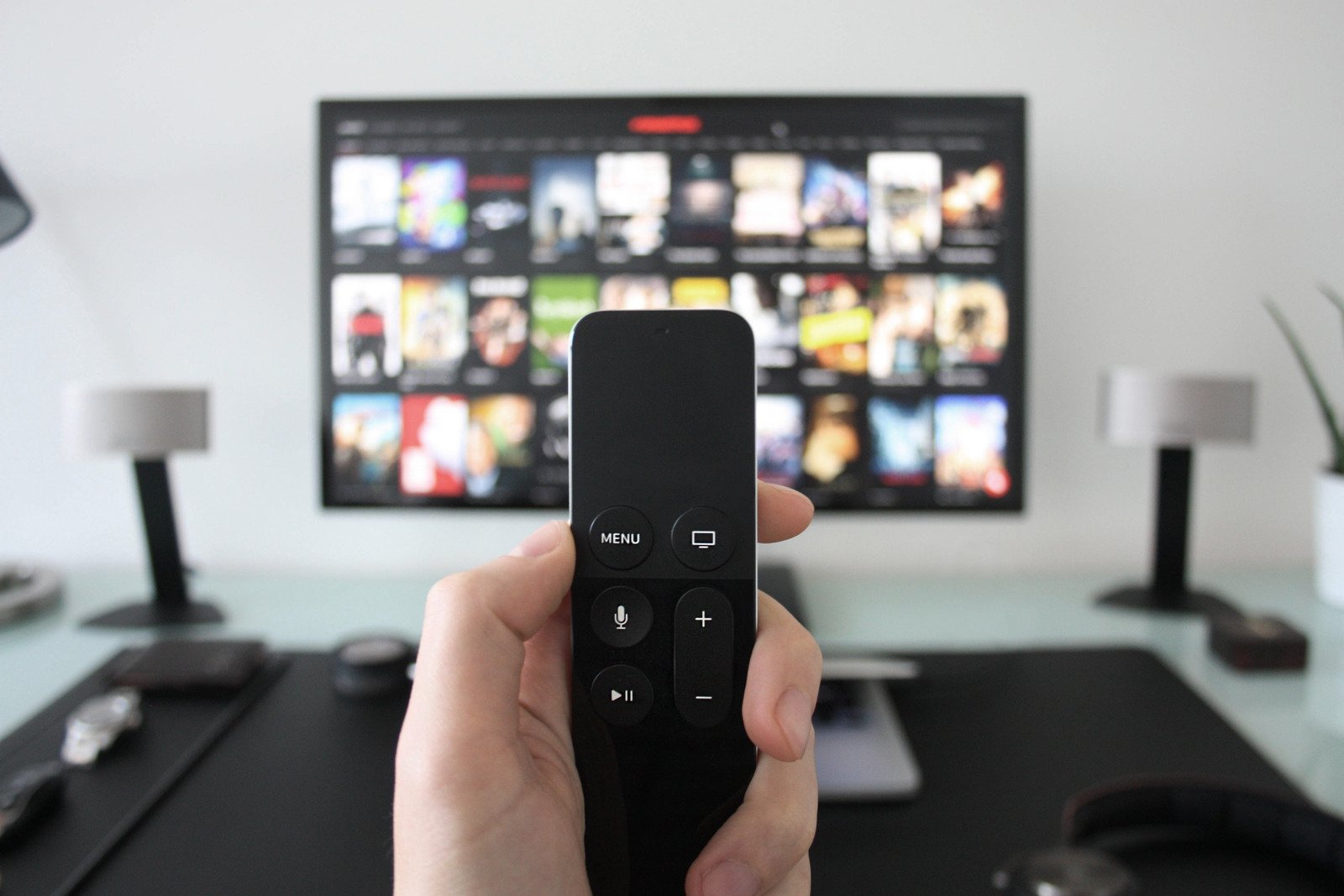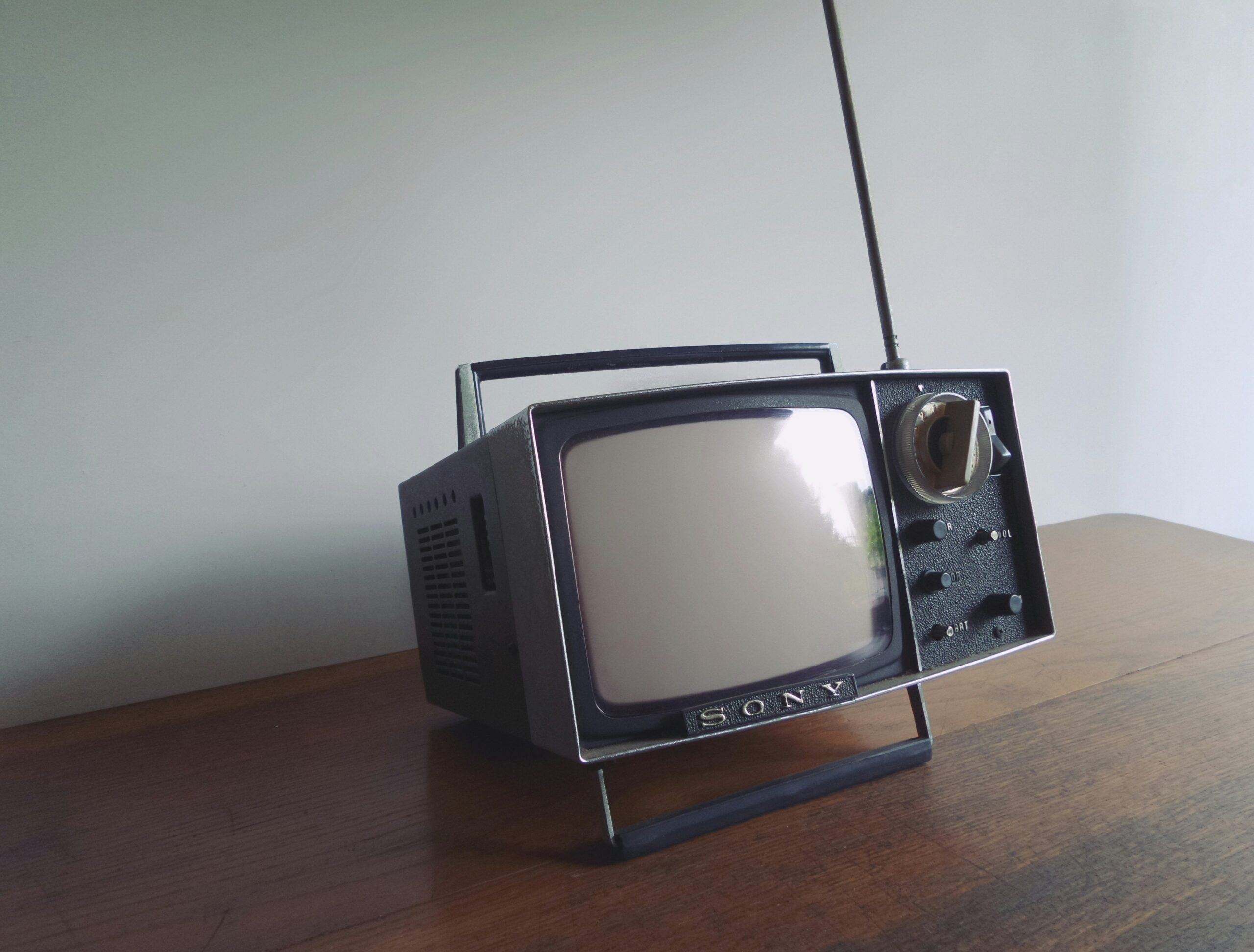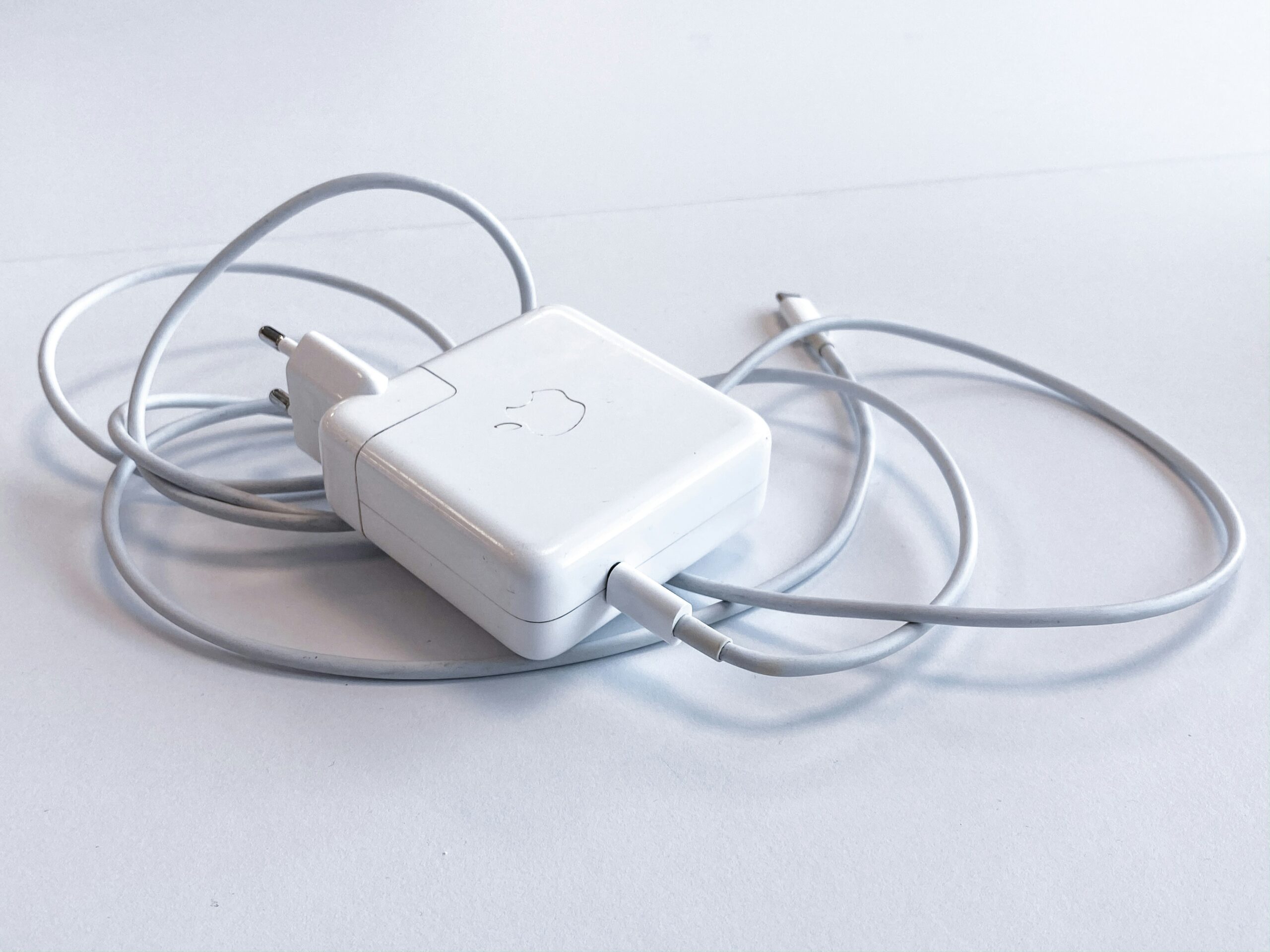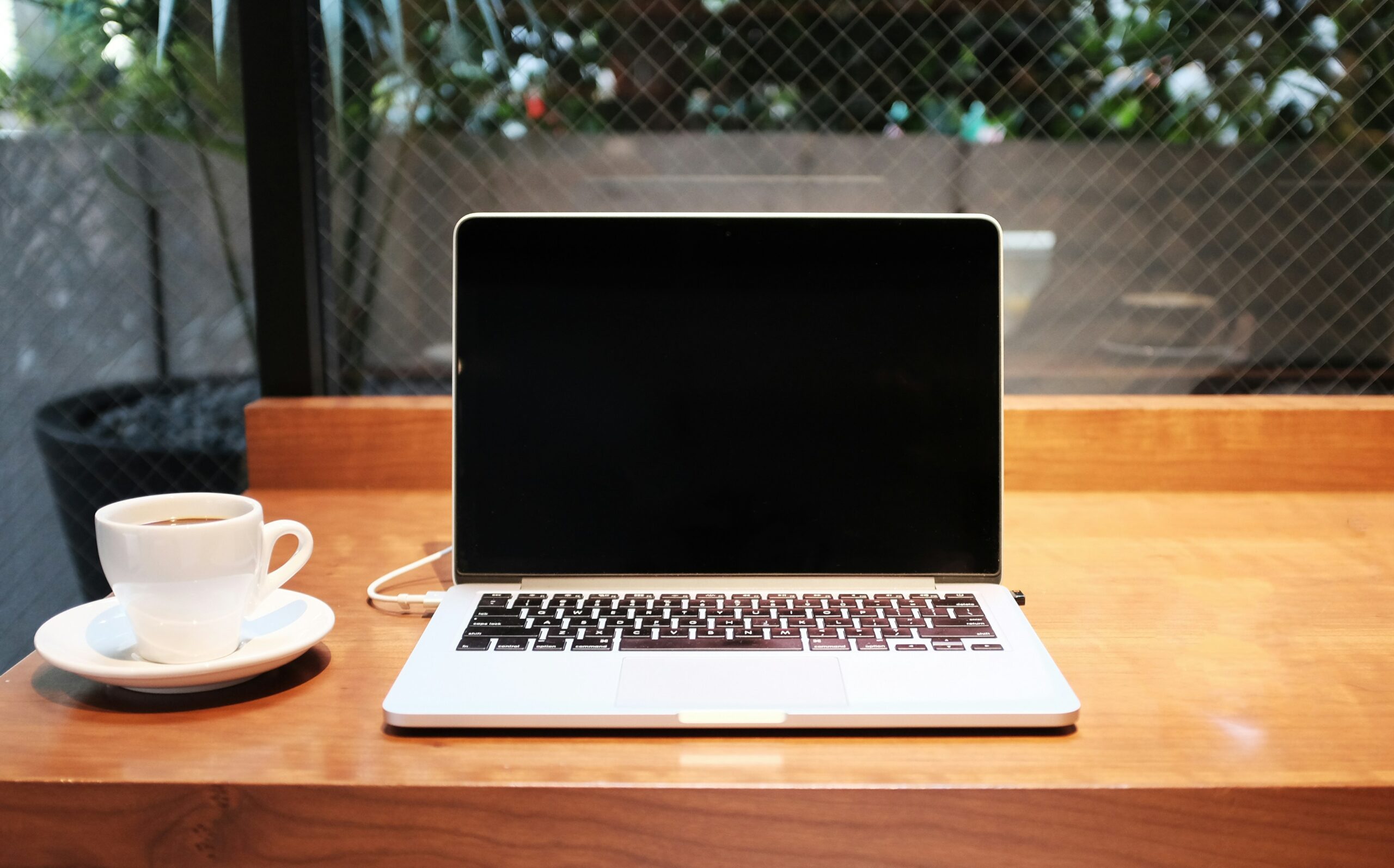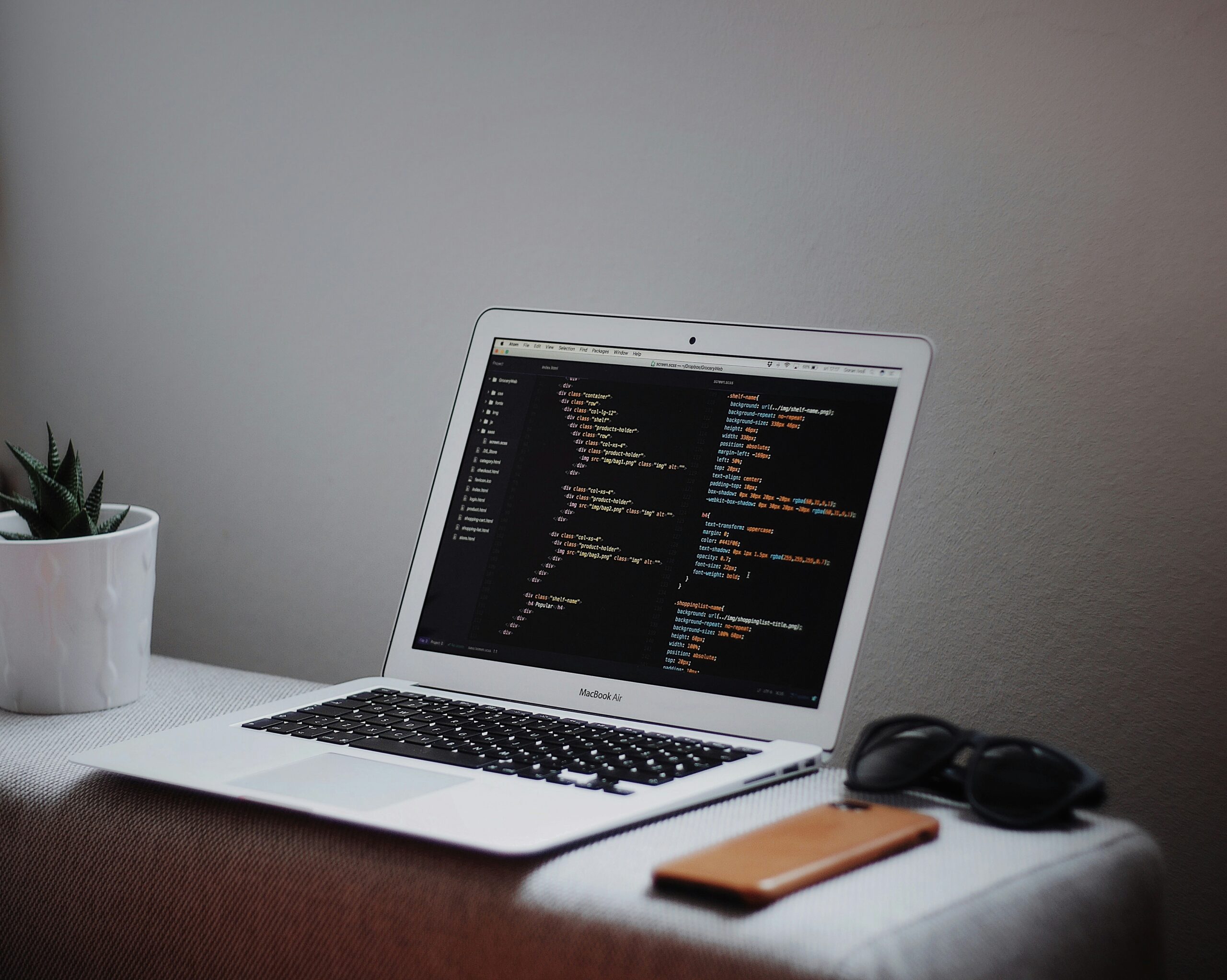Are you facing the classic dilemma of choosing between a PC and a laptop? Deciding which device best suits your needs can be a tough nut to crack. But fear not! In this ultimate guide, we’ll break down the benefits of both options, delve into crucial factors to consider, explore common uses for each, and even provide real-life case studies to help you make an informed decision. So grab a cup of coffee, sit back, and let’s unravel the mystery together!
Benefits of a PC
When it comes to PCs, one of the key advantages is customization. You have the flexibility to choose specific components like processors, graphics cards, and storage options tailored to your needs. This allows for better performance and longevity compared to most laptops.
Another perk of owning a PC is upgradability. As technology advances, you can easily swap out parts to keep your system running smoothly without having to replace the entire unit. This cost-effective approach ensures that your PC stays relevant for years to come.
For those who require heavy-duty computing power for tasks like video editing, graphic design, or gaming, PCs are often the preferred choice due to their ability to handle demanding applications with ease. The larger form factor also allows for better cooling solutions, preventing overheating during intense usage sessions.
Additionally, PCs typically offer more ports and connectivity options than laptops, making them ideal for users who need multiple peripherals connected simultaneously. Whether you’re a tech enthusiast looking to build a high-performance rig or a professional seeking reliability and versatility in your workstation setup – a PC might be the perfect fit for you!
Benefits of a Laptop
Laptops offer unrivaled portability, allowing you to work or play from anywhere. Whether you’re at a coffee shop, on a plane, or in the comfort of your own home, a laptop provides the flexibility to stay connected on the go.
With advancements in technology, laptops now boast impressive processing power and speed comparable to many desktop computers. This means you can multitask efficiently without experiencing lag or delays.
The storage capacity of modern laptops continues to expand, enabling users to store large files such as photos, videos, and documents without compromising performance. Cloud storage options also provide additional space for those who require more room for their digital assets.
In terms of cost-effectiveness, laptops offer a budget-friendly alternative to traditional PCs with similar capabilities. You can find a laptop that suits your needs without breaking the bank while still enjoying high performance and functionality.
Factors to Consider When Choosing Between a PC and Laptop
When deciding between a PC and a laptop, there are several key factors to take into consideration. Think about portability. Are you always on the go and need your device to be lightweight and easy to carry around? A laptop might be the better option for you in this case.
Next, consider processing power and speed. If you require high-performance capabilities for tasks like video editing or gaming, a PC with more powerful components may suit your needs better than a laptop.
Storage capacity is another important factor to think about. Do you have large files or programs that require ample storage space? PCs typically offer more options for expanding storage compared to laptops.
Cost plays a significant role in decision-making. PCs tend to be more cost-effective when it comes to performance upgrades and repairs compared to laptops. Consider your budget carefully before making a choice between the two devices.
A. Portability
When it comes to portability, laptops take the crown. They are designed to be lightweight and compact, allowing you to work from virtually anywhere – whether it’s your favorite coffee shop or a cozy corner at home. The ability to simply close your laptop and carry it with you makes it a convenient option for those constantly on the go.
On the other hand, PCs are typically stationary devices that require a dedicated workspace. While not as portable as laptops, they offer more customization options and potentially higher performance capabilities. If mobility is not a top priority for you and you prefer having a larger screen or better ergonomics, then a PC might be the better choice for your needs.
The decision between a PC and laptop boils down to how important portability is in your daily life. Consider where you will primarily use your device and weigh the advantages of each option before making your final choice.
B. Processing Power and Speed
When it comes to processing power and speed, PCs have traditionally been known for their ability to handle demanding tasks. With powerful processors and ample RAM, PCs are often the preferred choice for users who require high performance for tasks like video editing or gaming.
On the other hand, laptops have come a long way in terms of processing power. Many modern laptops boast impressive specs that can rival those of desktop computers. This makes them a convenient option for those who need to work on-the-go without sacrificing performance.
In deciding between a PC and laptop based on processing power, consider your specific needs. If you require top-of-the-line performance and don’t mind being stationary, a PC may be the better choice. However, if flexibility and portability are important factors for you, a laptop with sufficient processing power might be the ideal solution.
C. Storage Capacity
When deciding between a PC and a laptop, storage capacity plays a significant role. PCs typically offer more extensive storage options than laptops due to their larger physical size, allowing for multiple hard drives or SSDs to be installed.
On the other hand, laptops usually have limited space for internal storage but can utilize external options like portable hard drives or cloud services for additional storage needs.
Consider your usage habits when evaluating storage capacity requirements. If you work with large files or store extensive media libraries, a PC may be more suitable. Laptops are ideal for those who prioritize portability over vast amounts of onboard storage.
Ensure to assess your current and future needs before making a decision on whether the ample space provided by a PC is necessary compared to the convenience of mobility offered by a laptop.
D. Cost
Cost is a significant factor when deciding between a PC and laptop. PCs generally offer more value for money in terms of raw performance compared to laptops at the same price point.
Laptops can be pricier due to their compact design and portability features, but advancements in technology have made them more affordable over the years.
When considering cost, it’s essential to think about your budget constraints and what you prioritize – whether it’s processing power, mobility, or both.
Keep in mind that additional accessories like monitors or keyboards may be needed with a PC, adding to the overall cost. On the other hand, laptops come as all-in-one solutions without needing extra peripherals.
Weigh the upfront cost against long-term usability and convenience before making your decision on whether to invest in a PC or a laptop.
Common Uses for PCs and Laptops
When it comes to common uses for PCs and laptops, there are distinct roles each device plays in our daily lives. PCs are often preferred by professionals who require a large screen and powerful processing capabilities for tasks like graphic design, video editing, or gaming. On the other hand, laptops offer portability which makes them ideal for students, travelers, and those who need to work on-the-go.
Laptops are great for attending virtual meetings or classes from anywhere with an internet connection. They also come in handy during business trips when you need access to your files and emails. Additionally, many people prefer using laptops for casual browsing or streaming entertainment while lounging on the couch.
Whether you lean towards a PC or laptop depends on your specific needs and lifestyle. Both devices have their unique strengths that cater to different preferences and requirements of users around the world.
Case Studies: Real Life Examples of Choosing Between a PC and Laptop
Case Studies: Real Life Examples of Choosing Between a PC and Laptop
Sarah, a graphic designer, opted for a high-performance desktop PC to handle her complex design projects. With its large monitor and powerful processor, she found that the PC enhanced her productivity significantly.
On the other hand, Mark, a freelance writer who travels frequently, chose a sleek laptop for its portability. He valued the flexibility it offered him to work from anywhere without compromising on performance.
These real-life examples highlight how different individuals prioritize various factors when choosing between a PC and laptop. The decision should be based on your specific needs and preferences – whether you value power and efficiency or mobility and versatility.
When deciding between a PC and laptop, consider aspects like portability, processing power, storage capacity, cost, as well as your daily usage requirements. By carefully evaluating these factors against your individual circumstances, you can make an informed choice that best suits your needs.



